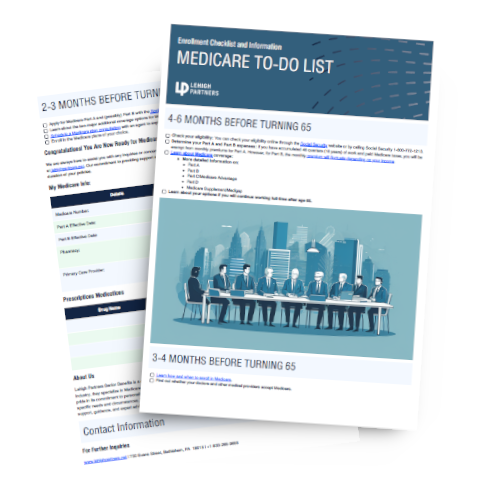Medicare, as a federal health insurance program in the United States, provides coverage for various medical expenses. However, when it comes to durable medical equipment, such as wheelchair ramps, the coverage might not always be straightforward. This article will explore the extent to which Medicare covers wheelchair ramps, taking into account the necessary criteria, limitations, and alternative solutions available for individuals in need.
Medicare Original offers coverage for a range of Durable Medical Equipment (DME), including items such as crutches, hospital beds, wheelchairs, oxygen accessories, and walkers.
However, it is important to note that wheelchair ramps are generally not eligible for coverage under Medicare. This is because they are deemed as "home improvements" rather than essential medical devices for diagnosing or treating a specific medical condition.

Regrettably, individuals enrolled in Original Medicare (Part A and Part B) generally do not have coverage for wheelchair ramps.
Understanding Medicare Coverage:
Medicare is divided into different parts, each with different coverage areas and requirements. In this context, it is crucial to examine the specific parts of Medicare that pertain to durable medical equipment (DME) coverage.
- Medicare Part A:
Medicare Part A primarily focuses on hospital insurance. It covers inpatient care, skilled nursing facility care, and some home health services. However, it does not typically include coverage for primary durable medical equipment like wheelchair ramps. - Medicare Part B:
Medicare Part B covers outpatient services, including doctor visits, preventive care, and medically necessary supplies. While Part B covers some DME, wheelchair ramps may not be considered medically necessary under traditional circumstances.
Key Factors to Consider:
When evaluating whether Medicare covers wheelchair ramps, there are a few essential factors to keep in mind. These factors often determine whether an individual is eligible for coverage:
- Medical Necessity:
Medicare generally requires that durable medical equipment is deemed medically necessary by a healthcare provider. This means that the ramp must be directly related to a person's medical condition or mobility impairment, and its use must assist in daily living or improve their quality of life. - Homebound Status:
Another determining factor is whether a person is considered homebound. Medicare typically covers certain DME for individuals who have difficulty leaving their home without assistance. This criterion ensures that the need for a wheelchair ramp is justified by the individual's restricted mobility. - Alternatives to Wheelchair Ramps:
Medicare often provides coverage for alternative devices to wheelchair ramps. These may include portable ramps or wheelchair lifts that are specifically designed to aid individuals in overcoming mobility obstacles. However, coverage for such alternatives can still be subject to medical necessity and other eligibility criteria.
Limitations and Exceptions:
While Medicare may not typically cover the cost of permanent wheelchair ramps for most beneficiaries, there are exceptions and alternative assistance programs worth exploring:
- Medicare Advantage Plans:
Medicare Advantage Plans, also known as Medicare Part C, are offered by private insurance companies. Some Advantage Plans may offer coverage for wheelchair ramps or other home modifications as part of their comprehensive benefits package. It is advisable to review specific plan details and speak with insurance providers to gain a clearer understanding of available coverage options. - Medicaid:
Medicaid, a state and federal program designed to assist low-income individuals, may cover home modifications, including wheelchair ramps. Eligibility requirements and coverage specifics may vary by state, so it is important to consult the local Medicaid office for accurate information and guidance. - Veterans Administration (VA):
Veterans who qualify for VA healthcare benefits may have access to coverage for wheelchair ramps through various VA programs. These programs are designed to provide comprehensive healthcare coverage, including necessary home modifications, to eligible veterans. - Non-Profits:
Several non-profit organizations offer assistance with funding for wheelchair ramps. These include:
Does Medicare Cover Wheelchair Ramps?
In conclusion, Medicare does not typically cover the cost of permanent wheelchair ramps for most beneficiaries. However, coverage exceptions and alternative assistance programs such as Medicare Advantage Plans, Medicaid, and Veterans Administration benefits can offer potential solutions. To determine the exact coverage available, it is crucial to consult with healthcare providers, insurance companies and agents, and relevant government agencies. Understanding the eligibility criteria and exploring alternative options can help individuals with mobility needs identify the most suitable and financially feasible solutions.

